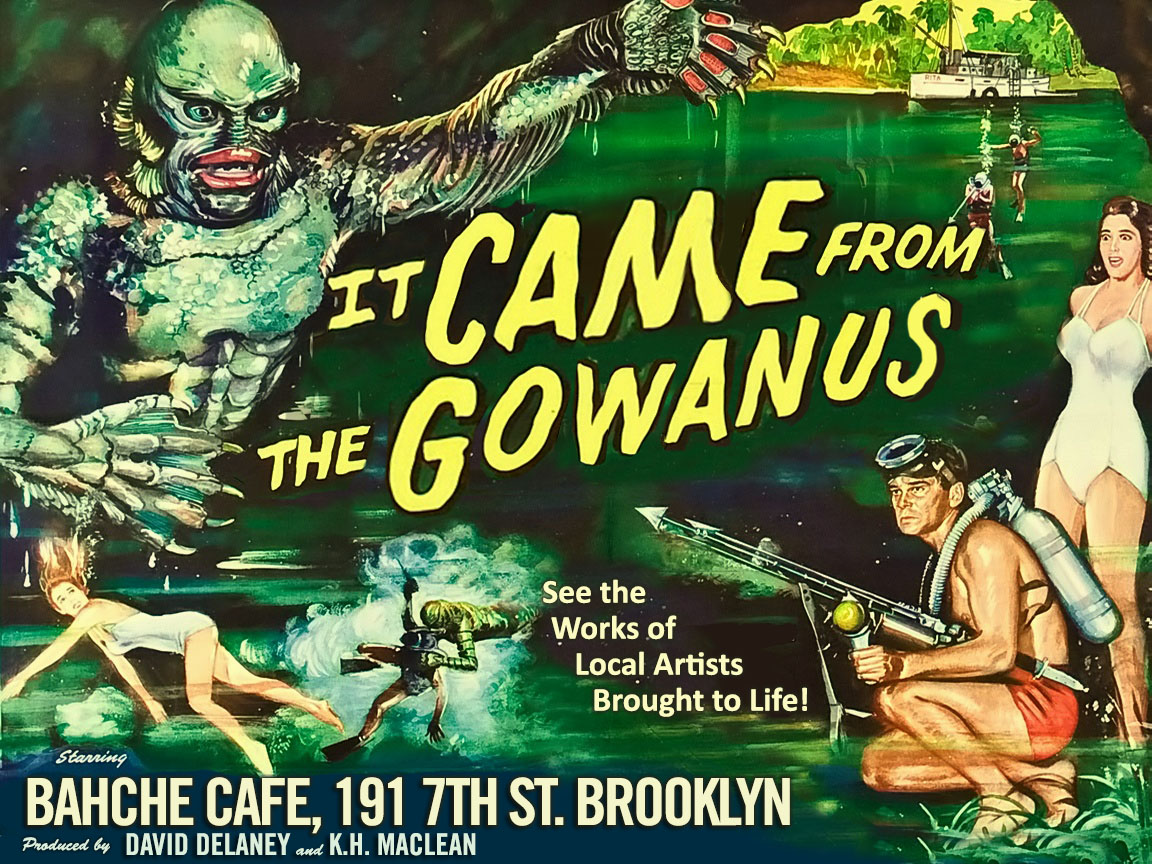2013 Year In Review: The Pragmatic Superman of Man of Steel
 K.H. MacLean |
K.H. MacLean |  Sunday, December 8, 2013 at 11:53AM
Sunday, December 8, 2013 at 11:53AM 
Forget about the safer phrase “There may not have been”, I’ll come right out and say it; there was no film more heavily anticipated in 2013 than Man of Steel. The second that chill inducing “trailer #3” started popping up around the internet the buzz would not stop. And while we mostly have Hans Zimmer to thank for making that three minute masterpiece so awe inspiring, we also might ask him to shoulder some of the blame for raising our expectations to a point that not even Superman could match.
Man of Steel was released to lukewarm reviews from critics and oft repeated complaints from viewers. “It’s too dark” and “There’s too much mindless action” the most common.
Even on Imdb.com, where big budget crowd-pleasers and “cool” movies get an irrational boost, Man of Steel only has a rating of 7.4 out of 10. Compare that to a rating of 8.2 for The Avengers and an ungodly 9.0 for The Dark Knight.
I have found a lot of the criticisms leveled against Man of Steel to be confusing and hypocritical when it is compared to its more beloved superhero contemporaries. Now, I have already talked ad infinitum about how I think The Dark Knight is pound for pound the most overrated piece of cinema conceived in my lifetime, so I will try not to go to into detail about its failings here. But where the most recent Batman films get a pass from a lot of fans, they bury Man of Steel.
 I just can't let it go...
I just can't let it go...
Context is Everything
In story telling, if you establish early on that - in a particular world - it may not be so out of the ordinary to see something out of the ordinary, then the reader/viewer/listener is willing to accept it when you see something happen that exceeds the bounds of reality. That’s why when you see a superhero with no superpowers like Hawkeye jump off a building, turn and shoot an alien monster in the face and then somehow make it to the ground unscathed we say “okay” because it’s the Avengers and things like that happen.
I look at Man of Steel and see a movie more entrenched in its comic book roots of fantasy and science fiction than that of a real world drama. The first fifteen minutes of the movie take place on an alien planet with Russell Crowe riding a giant flying bug lizard for Pete's sake!
Man of Steel never pretends that all real world laws apply, so we shouldn't be so surprised when they don't.
Too Much Action
It's matter of opinion I suppose. I personally found that the scenes with Lois Lane and the “control room” military talking heads broke up the action enough that it didn’t feel like a never ending fight scene.
It’s Too Dark
Another chief complaint by detractors of the film. This was a big one with movie blogs. Red Letter Media, Screen Junkies, and Spill all lambasted Man of Steel for being too grim and frightening a take on the fun, kid friendly, superhero. Once again, ignoring how this same standard doesn’t applying to Batman (especially when Batman was easily the most watched superhero cartoon of my childhood), this complaint always perplexes me because it flies in the face of so many “kid friendly” films I watched growing up. You’re going to try and tell me that The Empire Strikes Back wasn’t a dark film? What about A Never Ending Story? Just about every single Don Bluth film from the 80s (An American Tail, All Dogs Go to Heaven, The Secret of NIMH, The Land Before Time) had very adult themes worked into the story and I watched all of them dozens of times before I was ten.
If I can handle watching Artax slowly drown in the Swamp of Sadness, I think kids today can handle a few explosions and Michael Shannon screaming at people.
As for the collateral damage, it is true that Superman holds human life in high regard and it plays a factor in all of his confrontations on Earth. This is, however, a very emotional battle for Superman as he is trying to protect his adoptive home against what he believes to be the very last of his own race. While Superman does have a strong moral code, he has been shown to bend it in the past when his emotions get involved.
He also isn’t just protecting Smallville or Metropolis, he’s fighting to protect the entire planet. So if he needs to sacrifice a train depot in middle America to ensure the furthered existence of the human race, that’s a trade off he seems to be willing to make. It may be a more pragmatic Superman than we’re used to, but it isn’t entirely out of character.
And anyway, are we even sure he was responsible for any human deaths while fighting Zod and the Kryptonians? We never see any people dying because of his actions. In fact, any time he or Zod is thrown threw a building in Metropolis they appear to be evacuated. It might be hard to believe that so much destruction would yield no loss in human life, but it’s not any more ridiculous than believing Bruce Wayne was able to recover from a broken back in three months while living in an underground prison with no medical attention (Dark Knight Rises got an 8.6 rating on IMDB).
The only area where the movie really strikes out for me is with the way that Superman’s adoptive father, Jonathan Kent, is written. I understand the desire to create a foil to Jor-El’s idealism and it is an interesting change of pace for the “sagely old man” archetype to suggest that it is better to let a school bus full of children die than to risk revealing your true identity, but is it really believable? I mean, the whole thing with the Tornado? Stupidity.
 What does papa Kent teach young Kal-El? Don't help the little guy and look out for number one. Must be a fan of Rush Limbaugh.
What does papa Kent teach young Kal-El? Don't help the little guy and look out for number one. Must be a fan of Rush Limbaugh.
People like to beat on Superman for being overpowered and uninteresting. But I found Man of Steel to have one of the most compelling and complex protagonists of any of the countless Superhero films Hollywood has tried to cash in with lately. His motivations are clear and he has a defined external and internal struggle that he must overcome as the film progresses. Maybe if Henry Cavill mumbled in a half intelligible grunt speech like Christian Bale people would have found his character more intriguing, I don’t know.
No one is going to claim that Man of Steel was a perfect movie, or even a great movie. It was never going to live up to the expectations it made for itself after those great trailers and marketing campaign. But I look at the backlash it absorbed upon its release and I have trouble seeing how it is any different from any other superhero film from the last decade.
It might not have been the Superman of our dreams, but it was a Superman we can accept. And certainly a hell of a lot better than Superman Returns.
 Movies,
Movies,  Year in Review
Year in Review  KH MacLean,
KH MacLean,  Man of Steel,
Man of Steel,  Movies,
Movies,  year in review |
year in review | 













